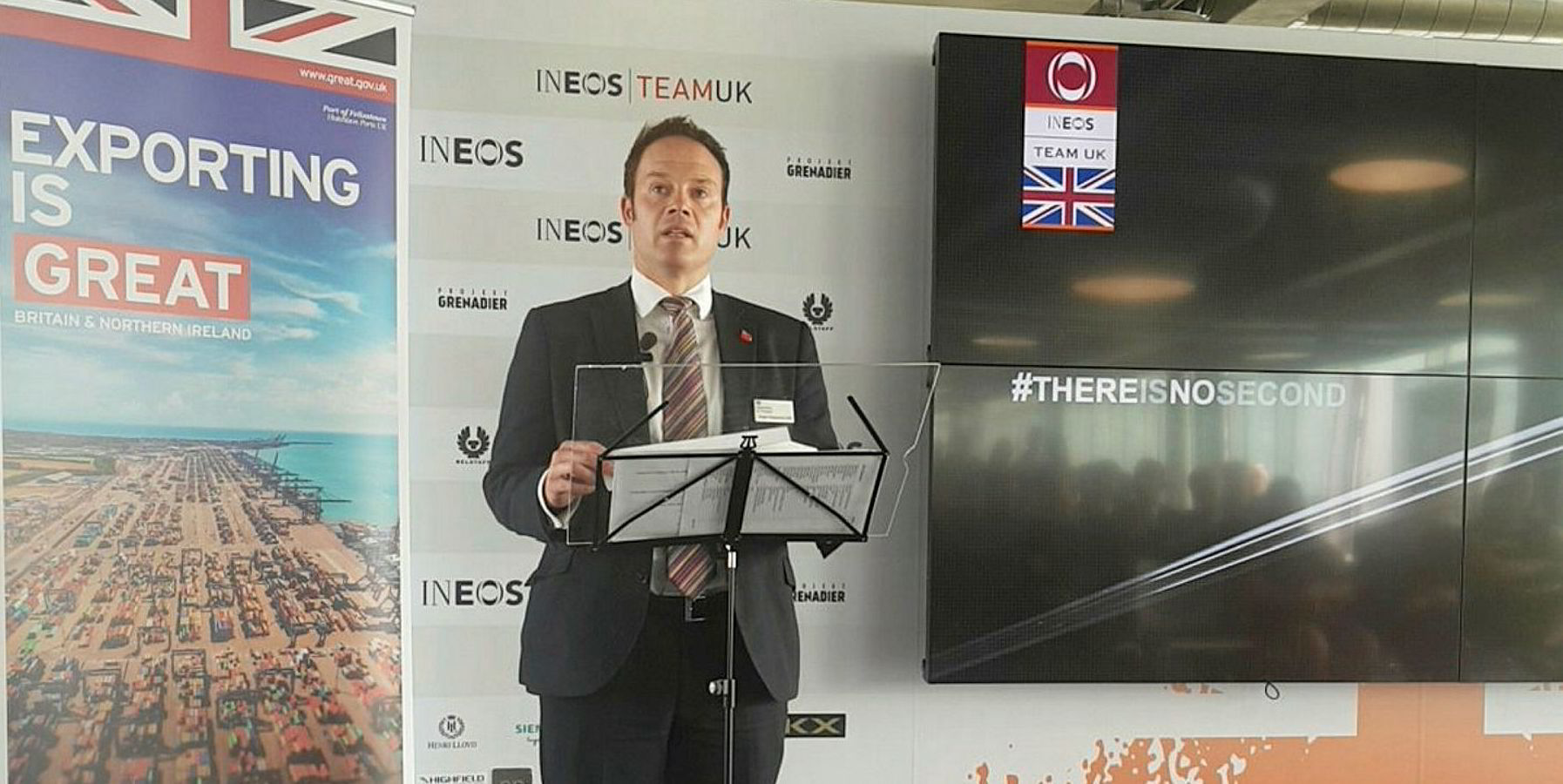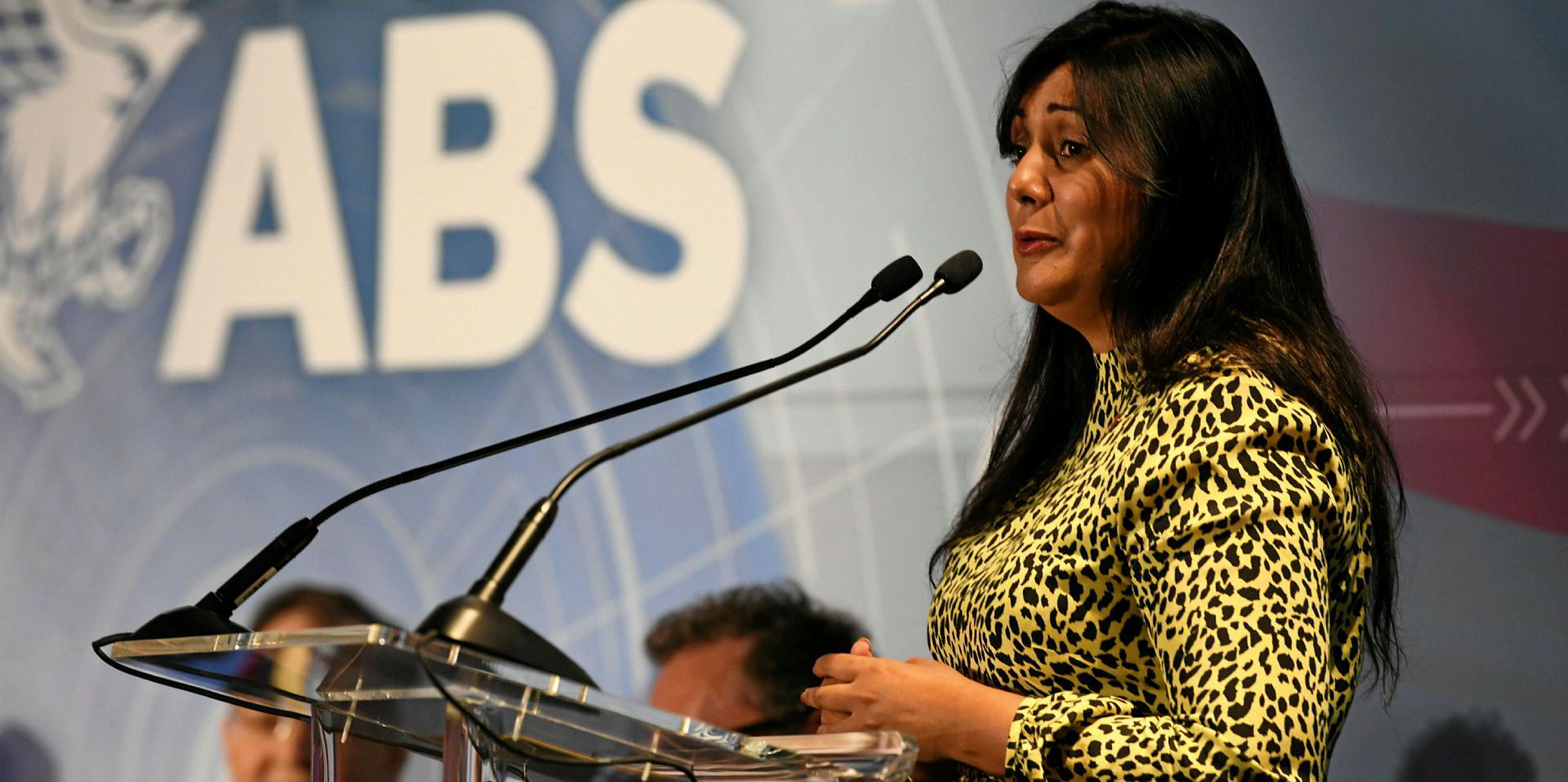Is now the time to rethink and refocus the €3bn ($3.3bn) European governments spend each year on subsidies to support parts of the shipping industry? That is the strong argument made in a newly published report compiled by Olaf Merk at the OECD's International Transport Forum.
At this moment of fundamental change across the industry, with the pressure for ever-greater efficiency and the looming urgency of decarbonisation, the issue demands close examination and action.
As an issue, government subsidies have been largely out of the headlines in recent years. Japan’s anger at South Korea’s support for its shipbuilding giants is one of the rare cases where it has made global headlines.
But, under the surface, the issue has continued to be significant, particularly in Europe where tonnage tax provisions offer lower corporate tax rates for locally-based businesses.
Scale of support
Few will appreciate that the scale of the support across the continent totals €3bn per year. As a result, taxpayers have a justifiable interest in ensuring the funds are targeted to produce the results intended.
But the findings from the OECD and its closely linked but autonomous intergovernmental forum suggest they do not.
The forum — known as the ITF, but not to be confused with the International Transport Workers’ Forum, also abbreviated to ITF — found that tonnage tax, fuel subsidies and fiscal support for seafarers were largely failing in their objectives.
Despite the €1bn in tonnage tax breaks estimated to have been given each year since 2000, the percentage of the world’s fleet flying a European flag has fallen from 34% in 1980 to 18% in 2018.
A further €1bn is given as tax exemption for ship fuel with no read across to bigger objectives. And despite fiscal measures to reduce seafarer wage costs, the numbers of Europeans employed in the industry continues to fall.
By contrast in scale, the report cites the $1.3bn in subsidies estimated to have been funnelled into China’s Cosco since 2010.
Despite the failures of Europe’s current shipping subsidy regime, the OECD suggests there are several remedies that would help nations gain greater direct benefit.
Fundamentally, the subsidy framework needs to be systematically reviewed and re-oriented. While the European Union’s maritime state aid guidelines from 2004 aimed to harmonise subsidies, there appears to be a race to the bottom.
The subsidy framework needs to be systematically reviewed and re-oriented. While the European Union’s maritime state aid guidelines from 2004 aimed to harmonise subsidies, there appears to be a race to the bottom
Tonnage tax regimes approved in recent years, including Poland in 2009, Croatia in 2015 and Malta in 2017, are considerably more generous in terms of rates and tax load than earlier schemes, the report finds.
The OECD initiative with the G20 nations to examine the problem of base erosion and profit shifting could be linked to a global review of tonnage tax, Merk suggests.
A second weakness at present is the lack of clarity of purpose in the subsidy regime. For example, the EU Energy Taxation Directive allows for marine fuels to be tax exempt, although member nations can limit the scope of the exemption.
Yet those aims in encouraging the continued use of hydrocarbons do not align with the wider EU policy to incentivise the decarbonisation of transport.
Some subsidy regimes currently distort markets, such as the tonnage tax schemes that also include profits from terminal operations. This benefits vertically integrated shipping companies against independent players. Subsidies should be unbundled to avoid such distortions.
The OECD report argues that a further improvement would be to make maritime subsidies more conditional on positive impacts. The UK tonnage tax provisions of demanding crew training, and Norway and Portugal’s incentives for cleaner ships, are exceptions to most EU member nations’ subsidy regimes.
Measurable metrics
Key measurable metrics could be tighter links to national flags and seafarer employment, particularly when operating in European waters — something that is supported by the International Transport Workers’ Federation.
Underpinning a fresh approach to maritime subsidies should be a new commitment to transparency. Everyone should applaud the OECD for suggesting such a way forward, to ensure tax breaks are seen to be making the impact intended.
Harmonised and reliable data collated into impact reports similar to those published by the European Maritime Safety Agency would be a good starting point to assure all industry stakeholders that government support is being spent effectively for the intended results.






